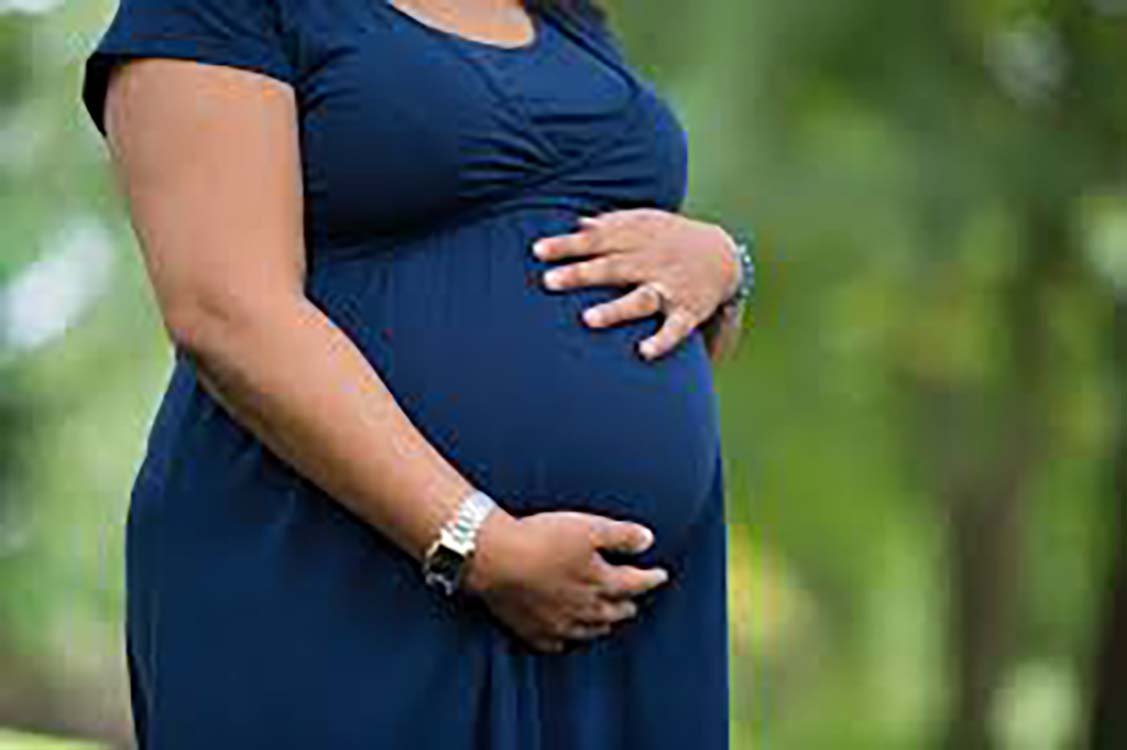Indiana Department of Health: Drug Overdoses Leading Cause of Maternal Mortality (Part 1 of 2)

By Angelica Pickens
Published: Mar. 9, 2023
FORT WAYNE, Ind. (WPTA) There are a lot of misconceptions about maternal mortality. Many people think it means dying during childbirth. Statistics from the Indiana Department of Health show one of the leading causes of new moms dying is actually substance use disorder.
They are dying within the first year after having their babies. Experts say most of those deaths could be prevented.
“When I look at the statistics, it could have been me,” said Alicia Wells. “It should have been me.”
That is why Alicia Wells is telling her story.
“Although the story may be very painful to tell and embarrassing for some... it’s necessary,” she said.
A picture of Wells, being wheeled out after giving birth, gives her as much joy as it does sadness.
“He was everything I ever wanted,” said Wells. “But my addiction took front and center.”
Ten years ago postpartum depression and her ongoing battle with addiction led her to a dark place.
“Very shortly after having my son, my addiction spiraled out of control yet again,” she said.
Her story echoes that of a lot of moms, but many of them are not here to tell it.
Based on the statistics released by the Indiana Department of Health, nearly 80 percent of pregnancy associated deaths happen after a mom has given birth. About 60 percent of them happen after the first six weeks.
Erin Norton, Director of Community Outreach, Parkview Women and Children says accidental overdoses are by far the leading cause, contributing to about 43 percent of all pregnancy associated deaths in Indiana in 2020.
“It’s usually after that first 6-to-8-weeks time when they’re trying to go back to work and manage all the stresses of home life and a brand-new baby and getting back to work,” said Dr. Kristina Box, Indiana State Health Commissioner.
If you couple the stressors of life and a new baby with addiction, it can be a dangerous combination. That is why hospitals around the state have peer recovery teams, aimed specifically at working with new moms.
“We’re trying to advocate for them but also empower them to advocate for themselves,” said Erica Deathe, Maternal Recovery Coach at Parkview.
The team formed in 2018 with grant funding. They meet with clients both prenatal and postpartum, working to see where they are at mentally and emotionally. They also receive results from umbilical cord testing. If addiction isn’t caught before delivery, they are called in to follow up for outpatient services.
Alicia Wells says her addiction began when she was 18 years old. She was prescribed opioids after having surgery. When she was 30 years old, she found out she was pregnant. At the time, she was on house arrest for drug-related charges. She can still remember how it felt to walk into the doctor’s office.
“I have an ankle monitor on which is extremely embarrassing,” she said. “On top of having to disclose that I’m an addict and I hadn’t really found my path to recovery yet...”
During pregnancy she was given Suboxone, which is a drug to treat opioid dependence, however that didn’t remedy her shame, fear and guilt.
“I would love to see legislation passed for moms to be able to have a voice without fear, rather that be while incarcerated or not.... to be able to talk openly about what they’re struggling without fear,” she said.
21Investigates asked Dr. Kristina Box if there was any legislation to address maternal mortality.
“I think they just added some additional language around maternal mortality,” said Box. “And the ability to collect that data and support women and especially to support providers and talk about underlying biases that can contribute to us not hearing women when they are needing help for their mental health or when they feel like there’s an underlying medical issue that’s not being addressed or they’re not getting the assistance they need with the substance use disorder.”
Dr. Box said lawmakers are working to find a solution to this complicated problem.
In the meantime, Wells is using her voice to advocate for people who may be struggling with addiction. She is a 14-time convicted felon but she refuses to let that define her. She goes to prisons to tell her story and she works at Allendale Recovery Center.
She said she draws her strength from her faith.
“I draw my strength from my faith and knowing that there’s a purpose in all of this whether I like it or not, she said. “And understanding that my purpose is far greater than anything that I’ve ever done in my past.”
